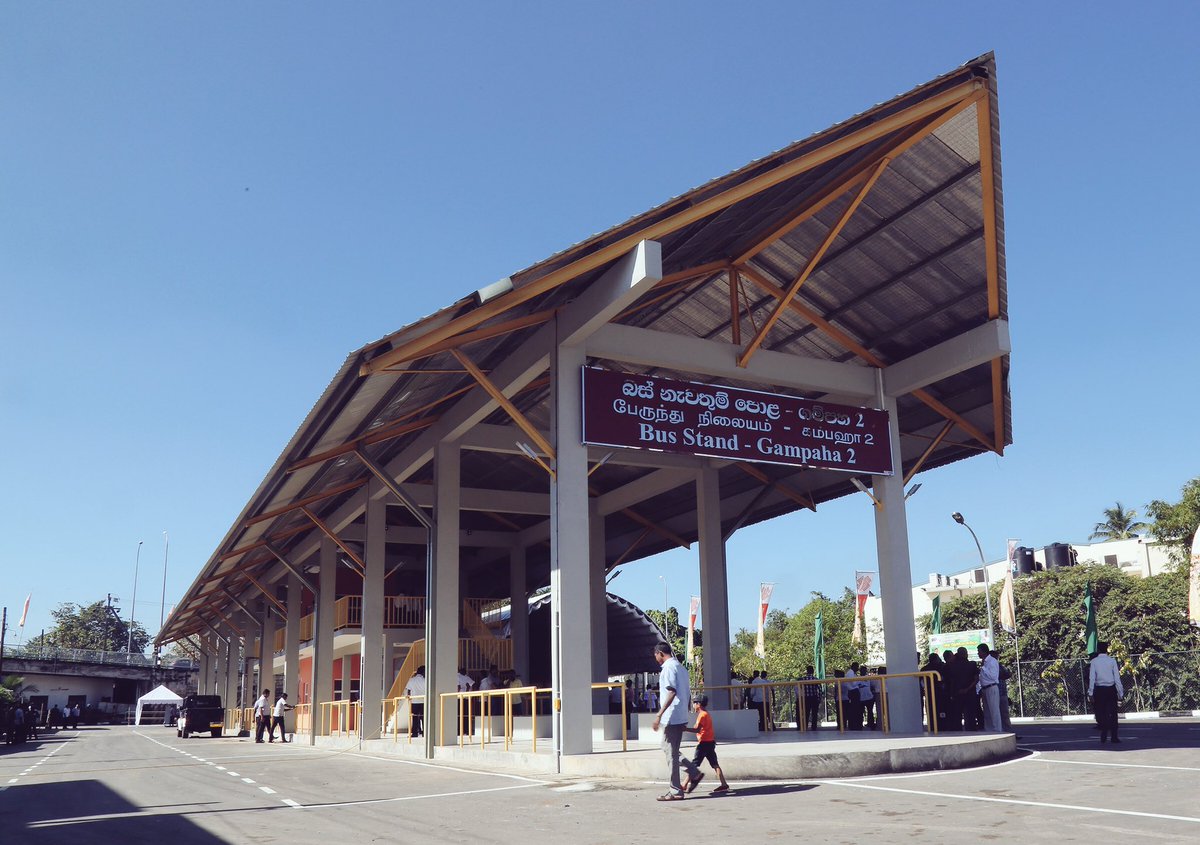Based on leaked extracts, the UN expert panel’s report on Sri Lanka constitutes a watershed moment in international understanding of the crimes committed in the closing phase of the war in Sri Lanka.
Crucially, although the word does not appear in the extracts, the report’s contents well supports the charge that Sri Lanka engaged in genocide of the Tamils. The report lays out in detail the calculated, deliberate and systematic targeting of Tamil civilians by the Sri Lankan armed forces, operating under the direct command of the country’s top political leadership.
The former UN spokesperson in Sri Lanka, Gordon Weiss, has aptly termed the publishing of the UN experts’ report as a ‘Srebrenica’ moment for Sri Lanka and indeed for the world.
The analogy is correct on many counts. Firstly, it was in relation to Srebrenica that the ICTY (International Criminal Tribunal for the Former Yugoslavia) most clearly formulated the principle that part destruction – specifically, a geographically contained (i.e a small territory) destruction - of an ethnic or national group constituted genocide.


